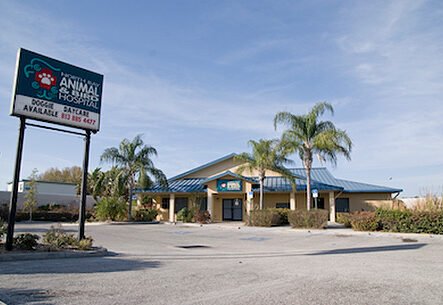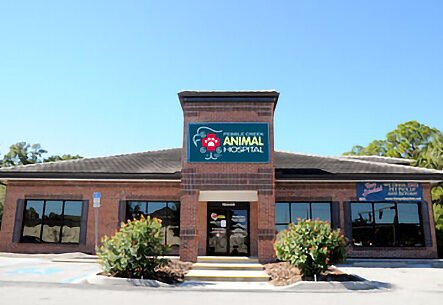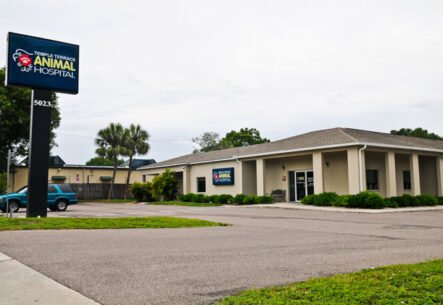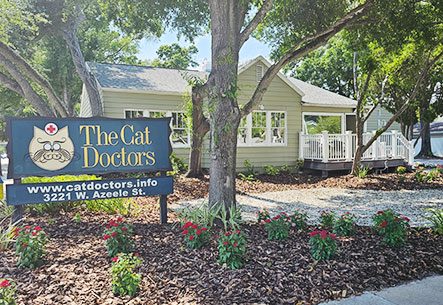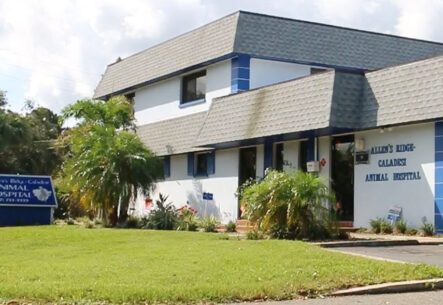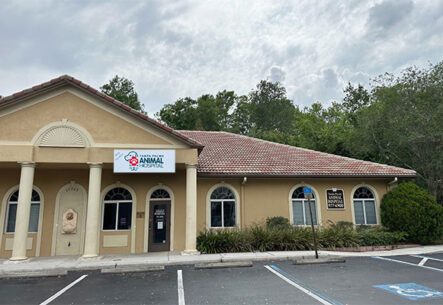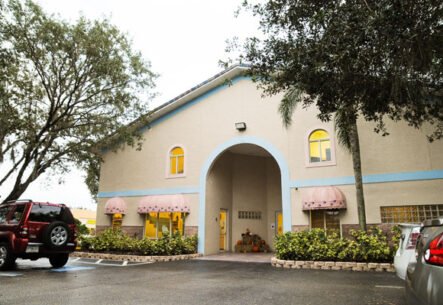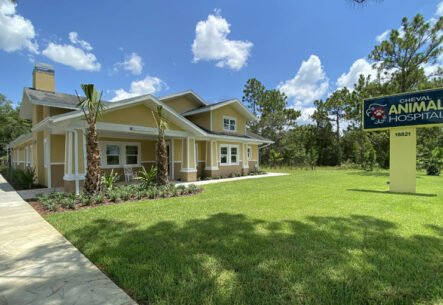Quakers
What to expect from your Quaker Parrot
Quaker parrots are medium-sized parrots with long, gradated tails. They are intelligent, extremely hardy and generally friendly with strangers. Quakers are considered to be one of the best talkers, with extraordinary ability to mimic and speak with cognition. Hand-fed domestic Quakers often rival African greys in their ability to acquire huge vocabularies, and sometimes will repeat words before they are even weaned. The behavioral characteristics of Quaker parrots can run the gamut from aggressive, biting, noisy and obnoxious to charming, comical, cuddly and engaging. The difference is in how they are raised and trained. Quakers are best professionally hand-fed and weaned so they are well socialized before going into a home situation. An untrained, unsocialized Quaker may not be recommended around children. On the other hand, hand-fed Quakers are considered almost to be a domesticated species with second and third generation offspring less noisy and more talkative than parent-raised birds.
Vital statistics
- Length: 11 inches (28 cm)
- Weight: 127-140 g
- Age of sexual maturity: 1-2 years
- Life expectancy: 25-30 years
Is your Quaker a male or female?
There are no obvious physical characteristics to identify your Quaker parakeet as a male or a female. Therefore, surgical or laboratory methods must be used for sex determination.
What do Quaker Parrots do all day?
Quakers bond strongly to an individual or location, so controls must be maintained to minimize this territory-related aggression. Play areas should be provided away from the enclosure so the bird does not establish its territory as the cage. To further reduce potential hostility, one can occasionally rearrange perches and toys in the cage, move the location of the cage, take the bird to unfamiliar territory, and house the bird lower than a person’s head.
Aggression can also be reduced in an environment enriched with toys. Quakers actually play with toys, moving them around to control their placement in the cage. Simple toys like paper towel centers, coffee stirrers, bells, twigs or branches prevent development of boredom-related behaviors such as screaming and feather chewing. Opportunities for baths or showers should also be provided. Sexual behaviors directed at toys or humans are common and should be regarded with neutral response. Noise control of a screaming bird is accomplished by covering the cage.
Are Quaker Parrots tame?
Because they are territorial, Quakers may be nippy in and around the cage, but are often docile away from the cage. Nipping or biting should not be rewarded by attention, but rather should be ignored, especially when the young bird is beginning to express independence. Quakers respond easily and quickly to common behavior modification techniques. Teaching the young bird simple behaviors, such as “up,” will establish a positive relationship within the family. Children’s play with Quakers should be supervised.
It is best to start training a Quaker as a juvenile bird, keeping the wing feathers trimmed as they grow, and moving the bird from place to place on your hand rather than allowing it to fly. It is important to start with the level of attention you are able and willing to provide long-term and to encourage the bird to play independently.
How to identify your bird
One method used to permanently identify your Quaker in case of loss or escape is for your avian veterinarian to inject a custom microchip under the skin. Although individually numbered leg bands or rings may be applied, this method is unreliable and may result in potential damage to the bird.
Why the wings should be clipped
Quaker parakeets that are allowed unrestricted freedom in the home can encounter numerous physical dangers or toxins; therefore, wing clipping is recommended. The goal of clipping the wings is not to make the bird incapable of flight, but to prevent it from developing rapid and sustained flight and to prevent escape. Additional trimming may be required 8-12 weeks after the start of a molt cycle.
How to keep your Quaker Parrot healthy, happy and safe
- Give lots of attention.
- Feed a fresh, high quality, toxin-free formulated.
- Limit supplementation to small amounts of chopped pesticide-free dark green or yellow vegetables and fruits.
- Grit is not necessary with modern captive bird diets.
- Provide clean, fresh uncontaminated water (try using water bottles).
- Remove and replace food and water containers twice daily to maximize activity in a healthy bird.
- Provide an occasional opportunity for a bath, shower or misting (at least weekly).
- Avoid spraying the house with insecticides.
Housing for your Quaker parrot should:
- be as large as possible.
- be clean, secure, safe and easy to service.
- be constructed of durable, nontoxic material (avoid zinc).
- contain variable-sized perches made of clean, nontoxic, pesticide-free tree branches.
- avoid having perches located directly over food containers.
- contain toys and accessories that are moved around occasionally to prevent boredom and aggression.
- offer occasional opportunity for protected outdoor exposure to fresh air, sunlight (not through glass) and exercise.
Quakers are very curious and will investigate anything new in their environment. That is why it is important to prevent their access to:
- ceiling fans
- hot cooking oil
- overheated nonstick-coated cookware
- leg chains
- sandpaper-covered perches
- tobacco and cigarette smoke
- chocolate, avocado, salt, alcohol
- toxic houseplants
- pesticides
- toxic fumes
- easily dismantled toys
- dogs, cats, ferrets and young children
- cedar, redwood and pressure-treated wood shavings
- sources of lead or zinc
- plug-in air fresheners
- heavily-scented candles.
What your veterinarian looks for in a healthy Quaker Parrot
- Dry, open nares
- Clear, bright eyes (no discharge)
- Smooth beak
- Alert, erect posture
- Body free of lumps and bumps
- Smooth, bright feathers without color breaks, transparency or ragged edges
- Even, reptilian pattern on the feet, and nails of appropriate length
Most common disorders of Quaker Parrot
- Self-mutilation syndrome of unknown cause
- Hypovitaminosis A
- Infectious diseases
- Parasites
- Chlamydiosis
- Bacterial infections
- Fungal infections
- Polyomavirus
- Circovirus
- Other viruses
Many common disease conditions in Quaker parrots are the result of malnutrition. Visiting your avian veterinarian for routine health checks will help prevent many diseases and support you in having a long, satisfying relationship with your Quaker parakeet.
Background Information
Quaker parrots (Myiopsitta monachus) also known as monk parakeets, are native to Bolivia, Brazil and Argentina, but feral flocks have been established in Puerto Rico, the United States and some major cities in Europe. Quaker parrots are highly gregarious and associate in flocks of from ten to one hundred or more. Their nests, which are the roosting quarters and center of the birds’ daily activity, are enormous communal structures made from thorny twigs and placed in the topmost branches of trees. Each pair has its own chamber or compartment with a separate entrance tunnel. Nests containing up to twenty compartments have been recorded. Free-ranging Quakers have raucous sounds: a loud staccato in flight and a high-pitched chattering when feeding. Because of the potential danger to agricultural interests from feral birds in the United States, it is illegal to keep Quakers in some states.
Courtesy of Zoological Education Network
Tampa, FL 33615 (View map)
Tampa, FL 33647 (View map)
Tampa, FL 33617 (View map)
Tampa, FL 33647 (View map)
